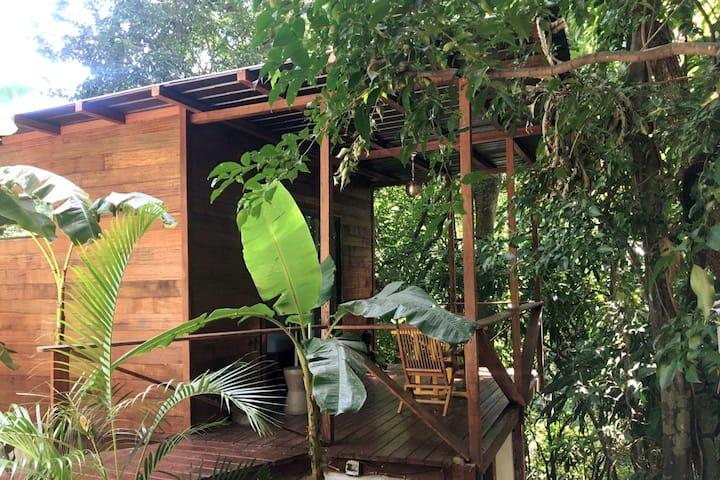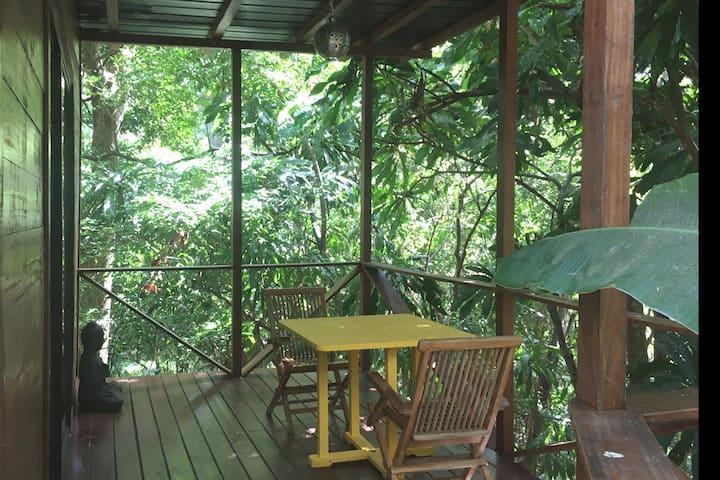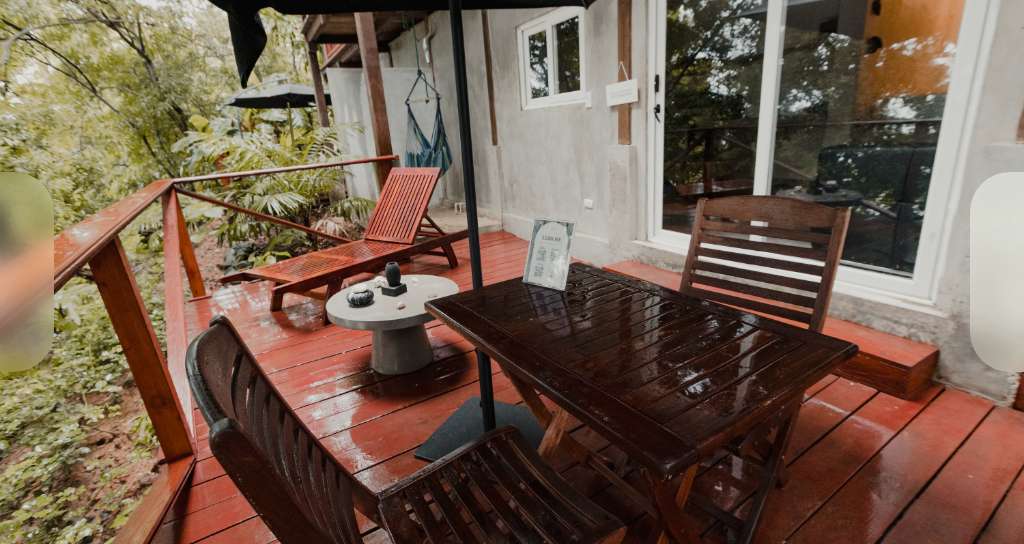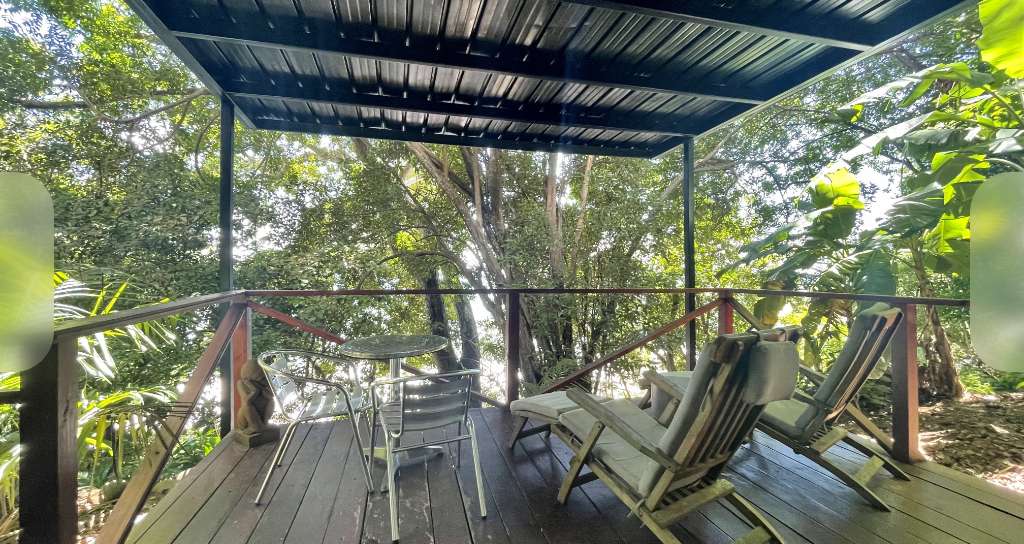The definition of “ecotourism” given by the World Tourism Organization (UNWTO) consists of grouping together sustainable tourism which has the following characteristics:
- All forms of tourism in which the main objective or the motivation of tourists is to observe and enjoy nature as well as the traditional cultures that prevail in natural sites.
- Any tourism which integrates the educational and interpretive characteristics of the natural environment could be characterized as ecotourism.
- It is generally, organized for small groups of people by tourism companies. These tour operators basically promote local tourism.
- Any tourism that minimizes the negative impacts on the natural and socio-cultural environment could be termed into this category.
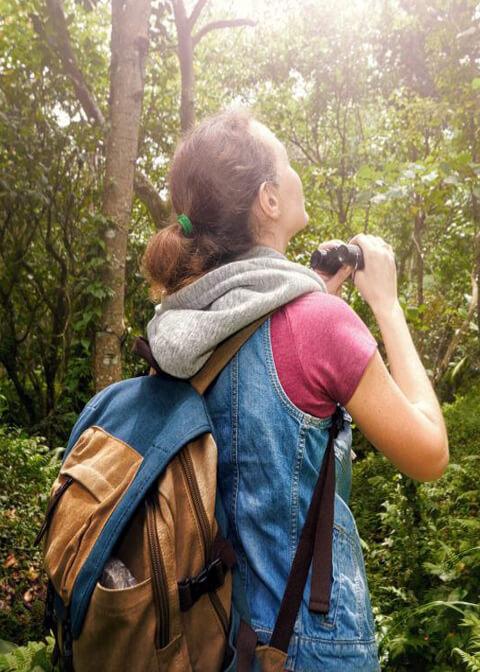
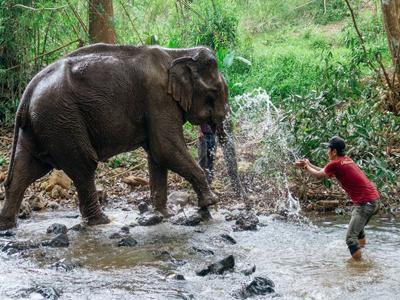
Principles of Ecotourism
- This type of tourism contributes to the protection of natural areas.
- It is a source of economic and social development for the local population around tourist sites.
- It creates jobs and income opportunities for local residents.
- Ecotourism increases awareness to the travelers about the need to protect natural and cultural heritage sites. Otherwise the tourists usually damages the visit area.
Ecotourism vs. Traditional Tourism
Both ecotourism and traditional tourism include visiting natural attractions. The main difference between the two are the intention and the activities performed by the tourists.
Ecotourism
Ecotourism is more responsible travel which is mainly concerned with preserving the environment and respecting the culture of local populations. However, the traditional tourism only refers to scenic destinations, mainly to enjoy the beauty of nature. Thus, the main difference between ecotourism and traditional tourism is the intention of ecotourism to preserve nature.
Ecotourism is a very popular nowadays in the fields of travel and tourism. It is defined as a responsible trip to natural areas, preserving the environment and ensuring the well-being of the local population. The main attractions of ecotourism are the destinations with flora and fauna. Ecotourism programs will attempt to minimize the negative aspects of traditional tourism and increase cultural and environmental awareness and respect.
Visiting places of cultural and historical values and learning about local culture and history is part of it. Activities like bird watching, hiking, trekking, wildlife tours are a few examples of ecotourism.
Traditional Tourism
Traditional tourism can refer to any trip of a natural area. The intentions and activities of traditional tourism are different from ecotourism. Traditional tourism consists of visiting natural attractions with geographic or biological characteristics. Traditional tourism includes the visit of tropical forests, rivers, deserts, beaches, caves and cliffs.
Tourists visit these natural attractions to enjoy the beauty of nature, explore different landscapes, escape the hectic life, experience outdoor adventures in natural surroundings and learn about the environment.
Some natural attractions may be close to cities while others may be far from cities. Likewise, some sites may have a lot of visitors, while others may be hidden sites, known to few people. Traditional tourists does not pay attention to nature preservation, they just enjoy leisure activities that have nothing to do with nature preservation.
Good practices for traveling as
an “Ecotourist”
Choose your modes of transport and offset your carbon footprint
You can choose to offset the greenhouse gas emissions inevitably caused by your plane ride. Always prefer to choose the eco-responsible airline. These airlines take advantage of the latest technologies and guarantee their positive impacts on the planet and local populations. It is one of the most positive steps to save the planet. On the other hand, it is obvious that it is better to promote as much as possible the local means of transport.
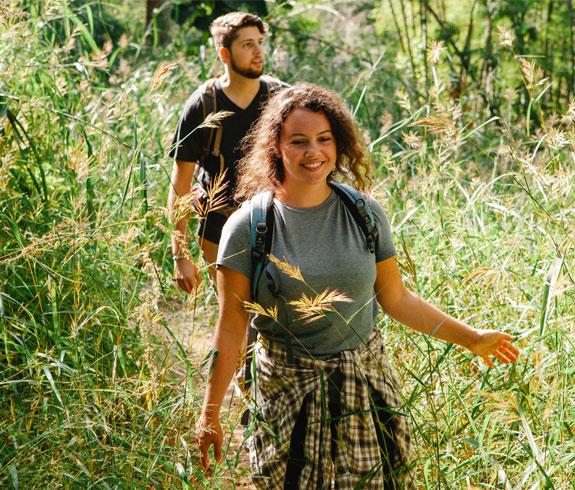
Choose a responsible travel agency or other organization
Today, more and more travel agencies and associations are offering to travel differently through this more fair and authentic tourism. Which is part of global awareness of respect for the environment and its ecosystem. It shares the awareness of ecology. In addition, ecotourism meets the expectations of travelers who also have a need for exploration while respecting environmental issues.
How to promote ecotourism when traveling alone, with family or friends?
- Choose a trusted agency specializing in sustainable tourism.
- Take the time to prepare well for your fair and solidarity trips.
- Encourage local economic development.
- Meet the locals and take part in a solidarity project.
- Protect the planet and the country’s natural resources.
How Saboga Lodge supports ecotourism?
Saboga Lodge always tries to stay one step ahead to provide guests with an eco-friendly stay. Some of the eco-friendly facilities provided at Saboga are as follows:
Eco-responsible Accommodation
Our rooms are equipped with solar panels and recycling bins are available anytime and anywhere. We strictly follow to unplug all electrical equipment before guests leave their rooms.
Waste Recycling
The management of Saboga Lodge is always looking for ways to recycle waste. We work closely with some of the recycling companies.
Minimum Plastic Consumption
Reducing plastic consumption is a positive step towards making the planet green. We serve food to our guests in recycling packaging instead of plastic and we use recyclable bags instead of plastic garbage bags.



